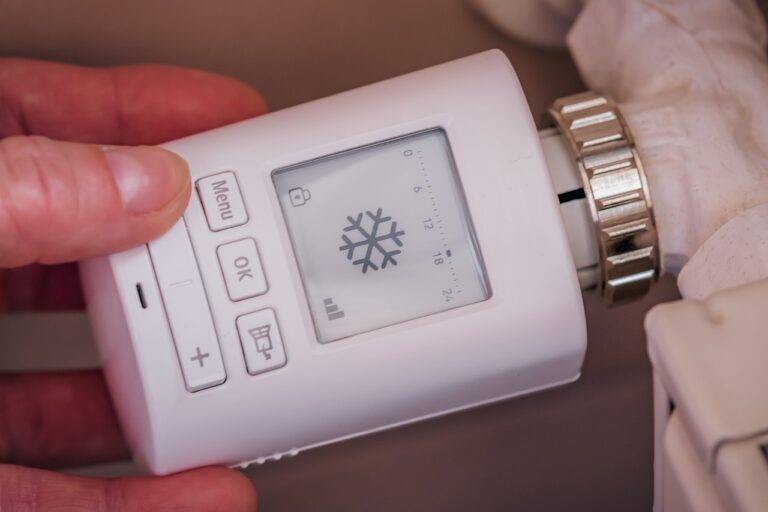Tech Solutions for Energy Efficiency: Smart Grids and Home Automation
As our world transitions towards more sustainable energy practices, smart grids have emerged as a pioneering technology in revolutionizing energy distribution. By seamlessly integrating digital communication and advanced controls into the traditional electrical grid, smart grids offer a new level of efficiency and reliability in managing electricity supply and demand.
One of the key advantages of smart grids is their ability to monitor energy consumption in real-time, allowing for immediate adjustments to match the fluctuating needs of consumers. This dynamic capability not only enhances the overall stability of the grid but also facilitates the integration of renewable energy sources, making it easier to harness the power of solar, wind, and other clean energy alternatives.
Understanding Home Automation for Energy Efficiency
Home automation systems have become increasingly popular among homeowners seeking to improve energy efficiency in their living spaces. These systems allow for the centralized control of various devices and appliances, enabling users to manage their energy consumption more effectively.
From smart thermostats that learn users’ preferences to automated lighting that adjusts based on occupancy, home automation technologies offer a range of features that can help reduce energy waste. By optimizing the use of electricity, heating, and cooling within homes, individuals can not only lower their utility bills but also contribute to a more sustainable environment.
Benefits of Implementing Smart Grid Technology
Smart grid technology offers numerous benefits to both consumers and utility companies alike. By enabling two-way communication between the power grid and devices in homes and businesses, smart grids empower users to make more informed decisions about their energy usage. This increased transparency allows consumers to better understand their electricity consumption patterns and make adjustments to save on energy costs.
Moreover, the implementation of smart grid technology enhances the overall reliability and resilience of the energy distribution system. With real-time monitoring and automated responses to changes in demand or supply, smart grids can quickly identify and isolate issues, reducing the likelihood of widespread outages. This improved efficiency not only benefits consumers by minimizing disruptions but also contributes to a more sustainable and environmentally friendly energy infrastructure.





